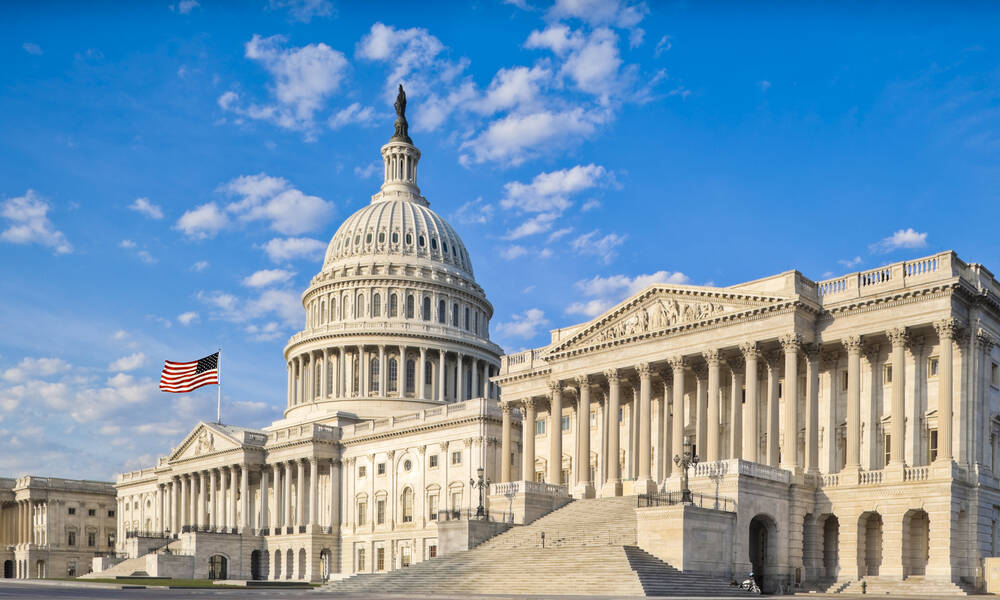
COVID-19 Relief Effort Collapses in Senate, Takes Shape in House
Both chambers of Congress are hashing out the next phase of COVID-19 relief as the pandemic continues to hit hard across all sectors of the economy. ASAE is pressing for the Paycheck Protection Program to be expanded to include associations.
The Senate adjourned Thursday after competing proposals to add funding for COVID-19 relief failed to win support, shifting attention to the House where another large-scale economic stimulus package is taking shape.
In the Senate, Democrats blocked Majority Leader Mitch McConnell’s bid to add $250 billion to the Paycheck Protection Program (PPP) designed to assist small businesses, and Republicans rejected Democrats’ counter-offer to add an additional $250 billion for hospitals and local governments.
Both Republicans and Democrats accused each other of political maneuvering during a pandemic crisis, though both sides acknowledged that they would have to come to agreement soon on a larger package of COVID-19 relief. The need for additional economic aid was underscored by news that another 6.6 million Americans applied for unemployment benefits last week, joining 10 million Americans who applied the previous two weeks.
McConnell tried to make the case to Senate Democrats that the PPP was in dire need of additional funds and that other priorities related to COVID-19 relief could be addressed later. The $2.2 trillion CARES Act that Congress passed two weeks ago included $350 billion for the PPP to keep small businesses and 501(c)(3) nonprofit groups afloat during the pandemic, but McConnell said the program is already overwhelmed.
“I am literally talking about deleting the number 350 and writing 600 in its place,” McConnell said to Democrats on the Senate floor Thursday. “Please do not block emergency aid you do not even oppose just because you want something more.”
Maryland Democratic senators Chris Van Hollen and Ben Cardin said McConnell’s take-it-or-leave-it proposal was a “political stunt” that ignores other relief measures for hospitals, cities and states, and food stamp recipients that must be addressed.
The PPP is “a good program,” Cardin said. “We strongly support it. It’s bipartisan. But this unanimous consent request was not negotiated. There was no effort made to follow the process so that we could get this done. So it won’t get done. The majority leader knows that.”
Meanwhile, the House bill will likely inject another $1 trillion or more into the faltering economy, Speaker Nancy Pelosi (D-CA) told Democrats on a call this week.
Pelosi said the next relief package will be focused on replenishing funds for programs established in the CARES Act, including the PPP, which has seen a surge in demand from businesses seeking loans to survive the coronavirus pandemic. Pelosi said there will likely also be additional direct payments to individuals, extended unemployment insurance, and more resources for food stamps in the bill. House Democrats are also looking for more aid for state and local governments in this next phase.
ASAE and thousands of other associations have urged Congress to include trade and professional associations in the Small Business Administration’s Paycheck Protection Program. The CARES Act restricts access to the PPP loans to small businesses and 501(c)(3) nonprofit groups with fewer than 500 employees. This fourth COVID-19 relief bill is viewed by ASAE and many others as the next best opportunity to include associations in the PPP.
Pelosi said the House will pass the next relief package this month. The House is not scheduled to be back in session until April 20 at the earliest and passing legislation by voice vote would require unanimous consent
(drnadig/iStock/Getty Images Plus)






Comments